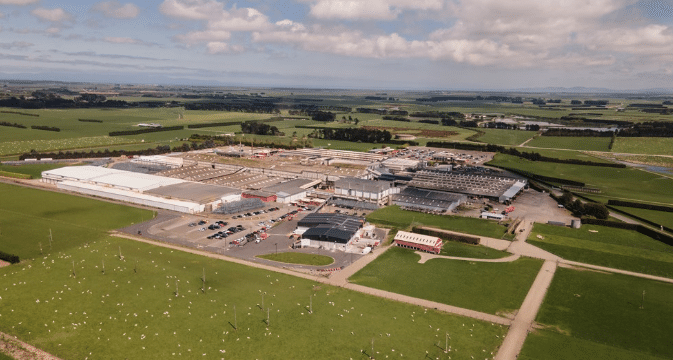

In a stark reversal of fortune, Alliance Meat Company, a cooperative with 4,500 farmer shareholders, has reported a substantial loss of $70 million for the year ended September. This result contrasts sharply with last year’s $73.6 million profit, highlighting the volatility and challenges the company has faced.
Murray Taggart, Alliance Group’s chairperson, described the past year as “extremely difficult,” noting that 2023 marked the company’s seventy-fifth anniversary. However, this milestone was overshadowed by various challenges including geopolitical tensions, labor constraints, inflation, and weakening global markets. Taggart stated that these issues led to significant volatility for all red meat processors, including Alliance.
One of the critical factors contributing to the loss was a dramatic fall in demand from China, Alliance’s largest export market. The prices for meat products plummeted in October and failed to recover, squeezing profit margins considerably. Taggart noted a nearly 25% drop in global market price for lamb in just a two-week period in October.
The co-operative recorded a significant decline in inventory value between October and December 2022, driven by challenging global markets. The aftermath of the COVID-19 pandemic, coupled with high interest rates and inflation, led to reduced consumer spending globally. This shift saw fewer people dining out and more opting for less expensive white meats over higher-priced red meat proteins.
Alliance Group posted a pre-tax loss of $97.9 million for the year ending September 30, marking its worst financial performance since 2012. This loss followed a record profit of $116.3 million the previous year. The company’s turnover also decreased, from $2.2 billion the previous year to $2 billion.
In response to these challenges, the board and management of Alliance have initiated a comprehensive review of the business. They aim to steer the cooperative back to profitability, and early trading in the current financial year is reportedly meeting expectations.
Additionally, the company highlighted concerns about the conversion of productive sheep and beef land into carbon farms in New Zealand. They emphasized the need for urgent action to address and rectify issues within the Emissions Trading Scheme to prevent the loss of productive farmland and impacts on rural communities.
The company also acknowledged the retirement of director Dawn Sangster, who contributed significantly to improving communications with shareholder farmers and promoting women’s involvement in governance and leadership roles.
The annual meeting for Alliance Meat Company is scheduled to be held in Alexandra on December 15.


